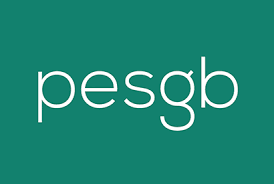
- This event has passed.
PESGB Summer School 2025

The University of Strathclyde will be hosting the Summer School in Philosophy of Education from Monday 23 June to Friday 27 June 2025 on the John Anderson Campus in the centre of Glasgow. The Summer School involves five days of lectures, seminar discussions and social activities.
The theme for the Summer School is ‘Education and Philosophy between Cultures’. Cultural and intercultural awareness, communication and competence are at the heart of the postgraduate researcher development at universities across the sector. It is a general expectation that postgraduate research students engage beyond their conceptually and culturally familiar contexts, to broaden their horizons and ways of thinking, crossing borders of language and philosophical traditions when thinking about education. This expectation aligns with moves to internationalise higher education.
Although inspiring, these expectations are also challenging as they quickly expose underlying problems that accompany attempts to cross borders. English may be the lingua franca of academia offering a common tongue for human connection and economic mobility, but this comes at a price: monolingual academic cultures and set conventions of translating (e.g. in UK universities) may not only gloss over students’ multilingual identities (and rich translingual resources), but also overlook the difficult art of translation itself, e.g. when considering the historicity of concepts (and language in general). These critical challenges are central to Philosophy of Education, whose fundamental notions or concepts – e.g. education, or philosophy – should not be taken for granted.
Therefore, the 2025 Summer School at the University of Strathclyde will offer opportunities for all doctoral researchers engaging in theoretical and philosophical research in education to explore fundamental educational concepts from a methodological perspective. Particular attention will be paid to questions that interculturality poses: how do we do “philosophy of education” within and between cultures?
Students will explore not only the specific questions that such intercultural discussions and encounters create, but they will also be given opportunities to formulate responses. Beginning with a more methodological exploration into intercultural philosophical work on the first day, over the course of five days, participants will engage in specific aspects of this field.